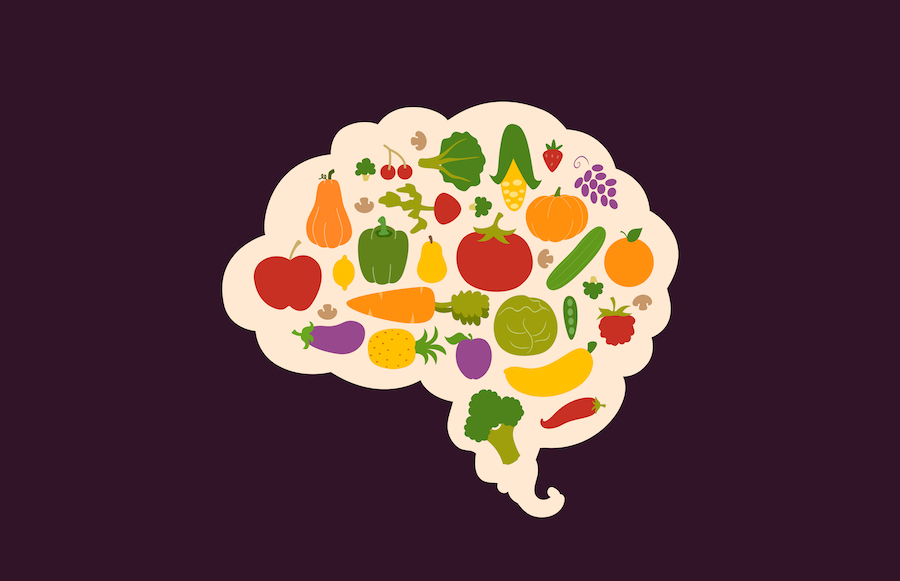5 reasons to make nutrition part of a workplace mental health strategy

And yet, thankfully, nutrition has more to offer.
We’ve all experienced the impact of what we eat on our emotions and mood. Whether it’s that ‘hangry’ feeling of needing fuel now to feel human again or simply noticing that we feel happier and better able to cope with stress when eating a balanced, nutritious diet.
I may be biased, but science is increasingly backing this connection, whether it’s the impact of specific nutrients on our neural pathways or the mind-blowing findings linking the microbes in our gut to our mental health. Psychiatrists are turning to diet as a valuable part of their toolkit alongside talking therapies and medication. They call it ‘nutritional psychiatry’. The benefits of a nutritional approach aren’t confined to the lab or clinic however, they are accessible to everyone and should certainly be on the radar of anyone putting in place a strategy for mental health in the workplace.
Here are five ways in which nutrition can represent an invaluable asset to your current mental health strategy:
- Social wellbeing:
Whether it’s around pizza and wine or the emerging appeal of nutritional science (in particular where Millennials and Gen Z are concerned), food underpins social connection which can be hugely beneficial for mental health. Fuel social bonds at work through shared educational experiences (workshops, challenges) or simply by encouraging employees to leave their desk and socialise at lunchtime. - Work food culture: a powerful influence for better or worse?
Conversely research has shown how powerful social context is on lifestyle and eating behaviours. We consume around 60 per cent of our daily calorie intake at work. The workplace represents an important opportunity here. Create an environment that’s conducive to healthy eating behaviour and it will have a direct impact not just on physical health but on mental health too. Employers should certainly take seriously their role in minimising work food cultures which might be detrimental. For example, how does food come in where rewards are concerned? - Practicality:
Small, achievable adjustments to daily food habits are often enough to make a positive impact on mental wellbeing and create quick wins early on. Simply replacing a daily food habit with a healthier alternative can set someone on a positive cycle very quickly. What could be done to make healthy choices convenient? Think availability of nutritious snacks as an alternative to the 11am visit to the vending machine. A simple swap could prevent ongoing cravings and blood sugar induced mood fluctuations. If you have a workplace restaurant, your catering provider plays a key role: it’s vital to engage them in the conversation. - A fresh angle:
Yes addressing the mental health stigma head on, through conversations and training is a must. However many people are still a long way from comfortable opening up about their feelings, especially in front of colleagues. A discussion around nutrition and its impact on mood may feel less personal and still reap rewards. There are many ways to spark the conversation: think posters, newsletters and awareness events. - A focus on prevention:
Many of our clients approach us because they are now looking at the next phase in their mental health strategy, having put in place essential measures such as mental health first-aid training. Addressing the most pressing issues around mental health is the right place to start, and it’s important to build on it by supporting general wellbeing in the long term. By increasing awareness and knowledge that influences daily food choices employers have to potential to support everyone from a mental wellbeing perspective wherever they are on their journey.
The author is Angela Steel, CEO at SuperWellness.
This article is provide by Superwellness.
Supplied by REBA Associate Member, SuperWellness
Our mission is for nutrition-smart workplaces to become the norm.







